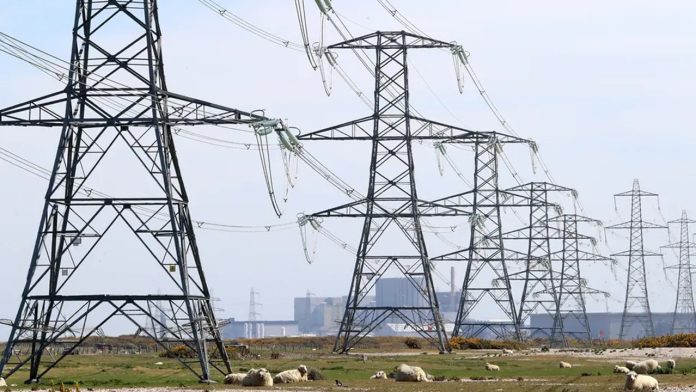The Energy Commission of Nigeria (ECN) says electricity exports to neighbouring countries such as Benin Republic account for about six per cent of Nigeria’s generation and are linked to strategic and economic considerations.
Director-General of the ECN, Mustafa Abdullahi, while reacting to questions during an interview with Channels Television, said that the exports largely come from hydroelectric production near border areas, particularly in the southwest and riverine south-south regions. According to him, the arrangement is partly to avoid disputes over water resources.
“There was a time when the Benin Republic threatened to situate a dam close to the Nigerian dam,” Abdullahi said. “We had to negotiate with them because if you put two dams at the same location, it will cause a big disturbance, and we will not be able to get anything from there. We’re not doing it to sell, but it is strategic and also economically driven.”
He said the country’s overall energy mix is currently 86 per cent gas, 12 per cent hydro, and a small share from renewables. The Commission is pushing for wider adoption of solar power, which Abdullahi described as the main strategy for expanding access.
Out of an estimated 230 to 240 million Nigerians, he said about 85 million still lack electricity. National generation, transmission, and distribution currently stand at about 6,000 megawatts, up from 4,000 megawatts before 2023, but far short of the 35,000 megawatts Abdullahi said is needed for full coverage. On state-level electricity markets under the 2023 Electricity Act, Abdullahi said progress has been slow due to capacity constraints. He noted that the ECN is helping states develop policies, attract investors, and begin small-scale generation, typically starting with five megawatts before scaling up. He also addressed the Band A and Band B tariff system, saying it would be phased out once renewable capacity increases and local manufacturing of solar panels and batteries reduces costs.
“Electricity is not cheap anywhere in the world,” Abdullahi said. “The holidays need to end for Nigerians. We need to pay for what we consume. And that’s what brought about the band classification.
“I’m sure within the plan, we’ll phase all this band classification out by the time we have this energy mix increased by our renewables. What we want to do is not just to provide the grid but also to decentralise energy generation and increase local consumption, produce solar systems, solar panels, and battery systems locally, so that the price will be lower.”
On electric vehicles, he said the Commission no longer procures petrol-powered cars and encourages the use of EVs, with charging facilities available at its offices. Abdullahi said, “For the first time in history, every state has a free trade zone. What we are doing is to utilise those zones for factories, for EVs and also for the production of components in energy. Recently, my commission procured EV cars. We don’t do petrol cars anymore because we must show Nigerians it’s possible. Now, what we tell Nigerians is: ‘If you have an EV, you don’t need to worry about electricity. Just walk to our office, charge your car, and go.’”
The guardian


